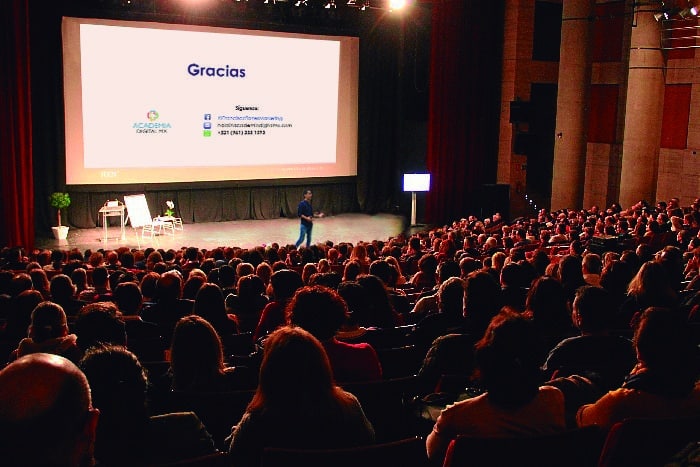
Customized Talks for Specific Audiences
Beyond words of praise, concrete examples of positive changes inspired by the speaker's message paint a vivid picture of their impact. Individuals who were once paralyzed by self-doubt find the courage to pursue their passions. Professionals transform their work habits and communication styles to become more effective leaders. Students embrace a growth mindset and tackle their studies with newfound enthusiasm.
Reinforcement of the Power of Inspirational Leadership
Mexicans are the citizens and nationals of the United Mexican States. The most spoken language by Mexicans is Spanish, but many also speak languages from 68 different Indigenous linguistic groups and other languages brought to Mexico by recent immigration or learned by Mexican expats residing in other countries. Wikipedia
Speaks: Spanish Language, Nahuatl, Spanish (Mexico), Mayan languages, Mixtec languages
France: 19,000
New Zealand: 2,080
Other countries combined: 370,633
Spain: 61,194
United Arab Emirates: 1,744
United Kingdom: 16,050
Geography and Borders:
Size and Population:
Pre-Columbian History:
Colonial Period and Independence:
Liberal Reforms and Wars:
Porfirio Díaz and Modernization:
Mexican Revolution:
Cultural Heritage:
Challenges and Achievements:
Modern Identity:
Language and Etymology:
Rich Pre-Columbian Civilizations:
Spanish Conquest and Colonial Era:
Liberal Reforms and Political Struggles:
Porfirio Díaz's Impact:
Mexican Revolution and Transition:
Cultural Significance and Challenges:
Modern Identity and International Presence:
Authoring Books on Personal Development
With titles such as "Unleashing Your Potential: Embrace Change and Achieve Your Dreams" and "The Power of Positivity: Transform Your Mindset for Success," the speaker delves into the core themes of overcoming adversity, cultivating a positive mindset, embracing change, and setting meaningful goals. Each book is a testament to their dedication to helping others navigate life's challenges and transform setbacks into stepping stones.
Charitable and Community Initiatives
The speaker's guidance is centered on making goals specific, measurable, achievable, relevant, and time-bound (SMART). This approach empowers individuals to set realistic goals that align with their aspirations. By sharing proven strategies, the speaker equips audiences with the tools they need to turn dreams into actionable plans.
Description of Keynote Speeches
Following their education, our Mexican motivational speaker ventured into the professional world with a determination to make a positive impact. However, the path was not without its challenges. Early career setbacks and obstacles tested their resolve and pushed them to delve deeper into their own reservoir of resilience. These experiences, though difficult, became valuable lessons that would later shape their ability to connect with audiences on a profound level.
Testimonials highlight the profound connection the speaker establishes with their audience. Attendees often express gratitude for the authenticity, relatability, and practicality of the speaker's insights. Many share how they felt empowered to overcome challenges, set ambitious goals, and embrace change after hearing the speaker's personal journey and philosophy. These testimonials underscore the speaker's ability to spark change on a deeply personal level.
The Mexican motivational speaker's commitment to making a positive impact extends to their active involvement in charitable initiatives. Recognizing the importance of giving back, they dedicate time and resources to initiatives that uplift their local community and beyond. Whether through volunteering, fundraising, or organizing events, the speaker serves as a role model for social responsibility.
The Mexican motivational speaker places great emphasis on the power of a positive mindset and its transformative impact on one's life. They guide audiences through the process of cultivating positivity and embracing optimism even in the face of challenges. By sharing their own journey of shifting from a negative outlook to a positive one, they inspire listeners to do the same.

Embracing Change and Growth
From small personal victories to major life changes, these examples exemplify the ripple effect of the speaker's philosophy. By catalyzing change within individuals, the speaker ignites a chain reaction that extends to families, communities, and organizations. These success stories are a testament to the lasting influence of the speaker's words.
Evolution of the Speaker's Message
Impact of Attitude on Personal and Professional Success
Book Summaries and Key Takeaways
Personal Transformation Story